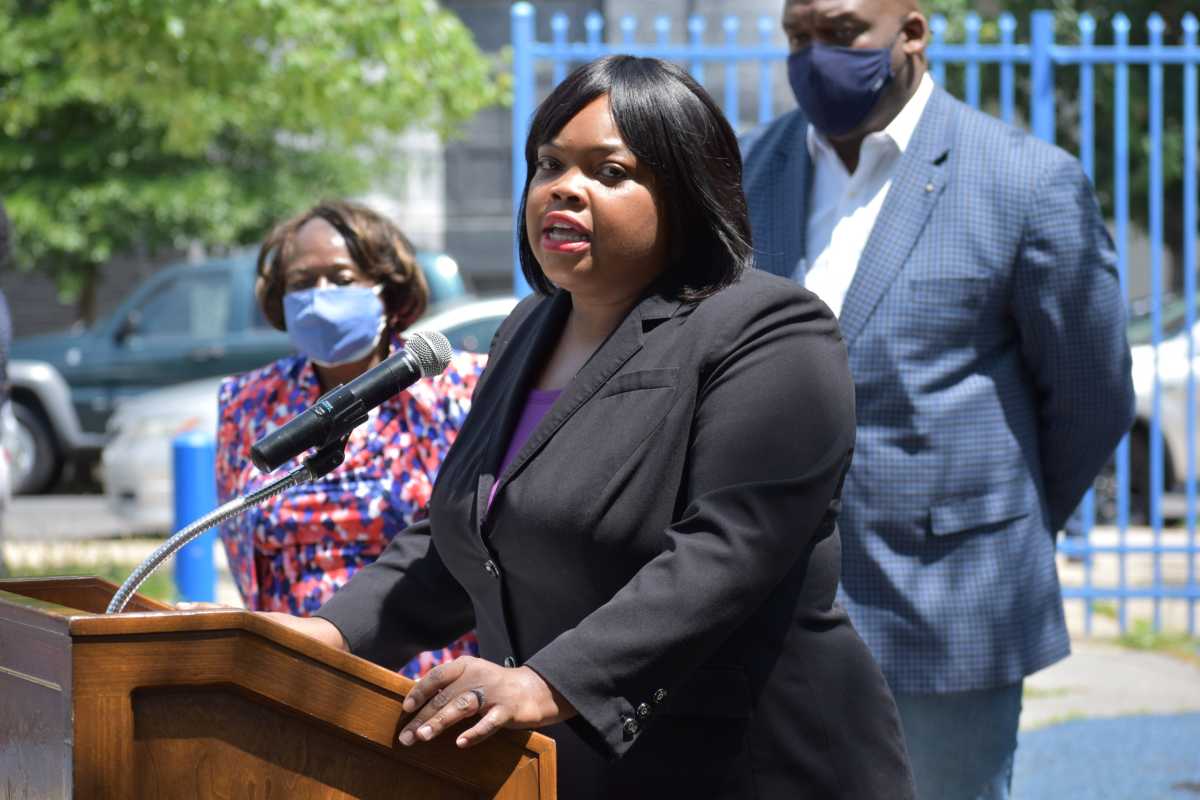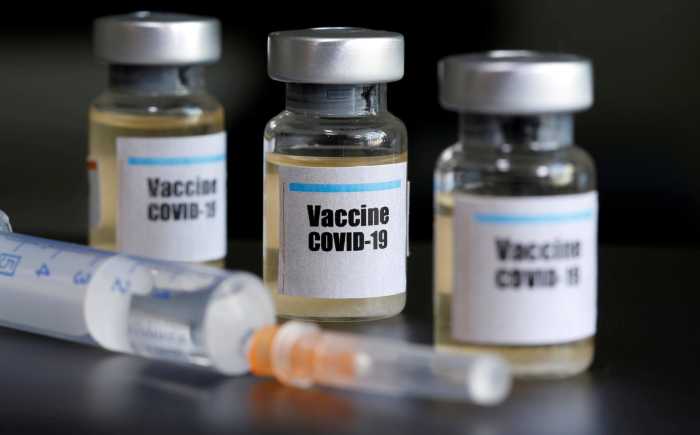A bill gaining steam in City Council would eliminate monetary penalties for youth who violate Philadelphia’s curfew laws.
And, if everything goes well, children picked up by police officers after-hours may be taken to “evening resource centers,” similar to the curfew centers that operated during Mayor John Street’s tenure.
“Punitive fines and fees rack up, which can impact someone’s ability to access any needed support services or lead to issues with the criminal justice system,” said Councilwoman Katherine Gilmore Richardson, the bill’s sponsor.
Currently, people under the age of 18 who are cited for curfew violations are fined $250 for their first offense and $300 to $500 for repeated violations. Those who do not pay can face juvenile charges. Parents can also be fined.
Kate Parker, of the Defender Association of Philadelphia, said the sanctions can pile up and have a “devastating impact” on low-income families.
In addition to getting rid of the fines, Gilmore Richardson’s legislation would simplify the curfew, creating a standard that doesn’t change with the seasons or on the weekends.
For teenagers 16 and older, the cutoff would be midnight; 10 p.m. for 14 and 15-year-olds; and 9:30 p.m. for children 13 and under.
“It is very, very confusing for parents and for young people and for the enforcement agencies,” Gilmore Richardson said of the current statute.
Instead of going to the local police station, officers will be instructed to take offenders home or, the bill says, to a location the Mayor’s Office “deems appropriate.” The idea is that the evening resource centers will be up and running.
The city’s Department of Human Services is planning to test out the model through a pilot program, though a timeline is not clear.
Deana Gamble, a spokesperson for Mayor Jim Kenney, said the initiative is “contingent on the budget decisions currently under negotiations.” Council and Kenney’s administration must pass a budget before the end of the month.
DHS Commissioner Kimberly Ali, at a virtual hearing on the legislation Monday, said the centers will offer services and activities and be staffed with social workers and peer mentors.
She went on to say that the sites would be open from 7 p.m. to 2 or 3 a.m. If the pilot goes well, they hope to set up one in each of the city’s six police divisions, Ali added.
“The administration is committed to exploring ways to best implement the bill and looks forward to ongoing collaboration to keep our youth safe in the community,” she said.
Gilmore Richardson’s bill advanced out of committee Monday and could receive a final vote June 24, Council’s last session before its summer break.
But members indicated they might not be done reforming the curfew laws.
Several on Council’s Public Safety Committee expressed interest in having police removed from the process entirely, replaced with social workers and community members.
Parker, from the Defender’s Association, said 43% of the 13,970 people investigated for alleged curfew violations between 2014 and the first months of 2021 were actually adults. Most people stopped were Black, and more stops occurred in West Philadelphia than in other parts of the city, she said.
Councilwoman Jamie Gauthier expressed concern that the laws are leading to increased interaction between officers and residents of Black and brown neighborhoods.
“I think we should be pushing even further as a city to rethink these laws,” Gauthier said.
Most of the nation’s curfew ordinances were adopted out of fear of unsupervised children, particularly Black and brown children, according to Parker
“They come from a very ‘90s tough-on-crime approach that embraced the view that some children were quote-unquote ‘superpredators,’” she said.
Gilmore Richardson said, under current city law, social workers cannot enforce the curfew; however, she is in conversations with attorneys from the Mayor’s Office to determine if civilians can play a role in referring children to the resource centers.

































